In an ever-evolving world of construction, the collaboration between general contractors (GCs) and subcontractors plays a pivotal role in the success of any project. To deliver consistent, high-quality outcomes, GCs need to align with partners who understand the full scope of work, deliver competitive pricing, ensure safety, and meet sustainability standards.
In our decades of experience of working with general contractors on commercial build and renovation projects, we have learned a lot about what’s important to GCs and what they look for in a subcontractor like Medford Wellington.
Below, I’ll explore the key priorities GCs often focus on when choosing the right subcontractors to ensure a seamless and profitable partnership.
Industry Knowledge & Experience: The foundation of a successful project often lies in the subcontractor’s expertise and industry-specific knowledge. Subcontractors with a proven record of performing similar work—whether in laboratories, schools, office spaces or distribution facilities—are better equipped to handle industry nuances. Expertise in specialized equipment in areas such as refrigeration, HVAC and electrical systems ensure that the subcontractor understands the complexities of the project from the start.
In addition, experience in preconstruction, project management and field execution is invaluable. We need to ensure that we have the best project management experts on both sides to keep us all on time and budget and experienced field teams, including superintendents, foremen and skilled labor work collaboratively to drive successful project delivery. Our goal is to demonstrate a deep understanding of each phase, ensuring that issues are anticipated and addressed before they become costly delays.
Delivering Value via Long-term Relationships (vs. Competitive Pricing): I believe that for any construction project to succeed, it’s critical that both the GC and the subcontractor have an ongoing relationship. They must see the subcontractor as a credible resource and they collaborate to plan the budget and outcome so it’s profitable for both. Competitive pricing doesn’t mean cutting corners. It’s about delivering high-value work at a price point that benefits all parties involved. Subcontractors who can optimize resources, time and costs ensure that the entire project remains financially viable without sacrificing quality.
Honoring the Bid Scope: One of the most critical aspects of any construction project is ensuring the subcontractor honors the bid scope. A thorough, accurate bid that leaves little room for change orders is essential for keeping the project timeline and budget on track. Subcontractors who are able to bid the full scope of work with minimal omissions reduce the risk of unexpected changes, which can lead to costly delays. Additionally, being upfront about potential changes in scope and having a clear process to handle them sets the stage for open communication, ensuring that all parties stay aligned as the project evolves. With the current changes in refrigerants, we are finding that engineers and manufacturers are not fully prepared for the code changes, timely delivery and pricing of the new equipment. It’s very likely fire/ sprinkler/ construction code and possibly other changes will be needed. Very few plans being presented have adequately addressed these changes. These changes in the short term make it difficult to accurately predict certain aspects of a project’s costs. This is an example of where communication between the mechanical contractor and the general contractor is extremely important.
Identify Partners with Proven Track Record: When considering subcontractors, a proven track record is often a key factor in their decision-making. GCs look for partners who can deliver projects on time and meet or exceed expectations throughout the project timeline. This trait helps set exceptional subcontractors apart in a crowded field. GCs should look for partners who have also demonstrated success across multiple projects, with a history of satisfied general contractors and end-users.
I believe, a long-term partnership is built on trust and consistent performance. Subcontractors with positive GC referrals and established relationships are often a testament to their reliability and ability to navigate complex project demands.
Safety Standards & Compliance: Safety is paramount in any construction project. A subcontractor’s track record of safety is not only critical for compliance but also for the overall success of the project. Subcontractors who meet OSHA standards and adhere to rigorous safety protocols ensure a safer job site for everyone involved. In addition, subcontractors who use internal and third-party safety auditing demonstrate their commitment to maintaining high safety standards, an attribute highly valued by both GCs and clients. At Medford Wellington, safety is built into our culture and an area that we take very seriously.
Quality Assurance: Quality assurance starts with a subcontractor’s internal systems. An effective commissioning program ensures that systems are installed as designed, reducing the likelihood of errors and rework. GCs should evaluate whether subcontractors consistently deliver on their initial promises without the need for unreasonable rework.
A solid quality assurance process, including regular inspections and detailed documentation, provides GCs with confidence that the subcontractor’s work will hold up over time and meet both client and project specifications.
Sustainability & Green Energy Options: With increasing focus on sustainable building practices, GCs are seeking subcontractors who understand and implement sustainability programs and green energy options. Subcontractors who are familiar with industry regulations and can offer energy-efficient solutions not only help reduce a project’s carbon footprint but also provide long-term value to the end-users by reducing operational costs. Understanding regulatory frameworks surrounding sustainability is key. Subcontractors who can present clear, actionable sustainability plans that align with both client goals and regulatory requirements provide GCs with an edge in today’s market.
Conclusion: Choosing the right subcontractor is more than just a financial decision—it’s about building partnerships that align with the project goals and deliver value throughout the entire process. By focusing on industry knowledge, competitive pricing, scope accuracy, a proven track record, safety, quality assurance, and sustainability, GCs can ensure that they’re working with the best partners to drive success.
At Medford Wellington, we too believe in building trust and relationships with GCs so we can collaborate effectively to build a better tomorrow.
XXX

